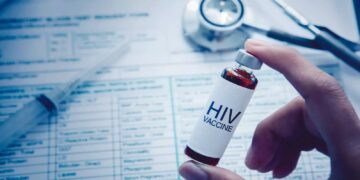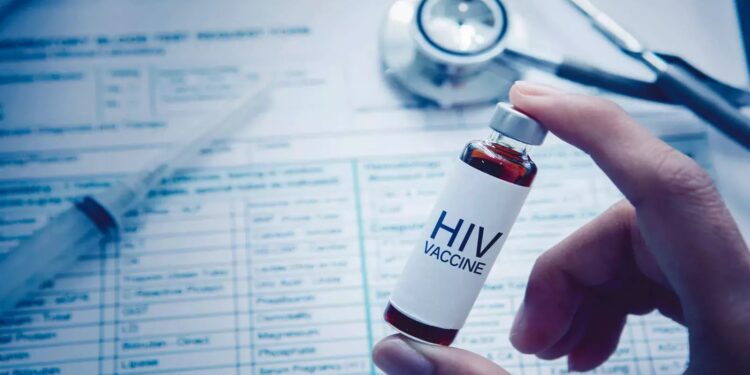By John Ikani
South Africa and the United States have embarked on a significant initiative aimed at evaluating the effectiveness of a novel HIV preventive vaccine.
The clinical trial has commenced with the enrollment of participants, a development that marks a pivotal step in the battle against HIV/AIDS.
The vaccine in question, known as VIR-1388, has been meticulously designed to harness the power of T-cells within the body’s immune system.
T-cells play a crucial role in patrolling and inspecting other cells for potential issues, including the presence of viruses.
The primary objective of VIR-1388 is to educate the immune system, encouraging it to generate T-cells with the ability to recognize HIV.
These specialized T-cells then activate an immune response, thwarting the virus’s attempts to establish a chronic infection within the body.
The groundbreaking vaccine trial is generously funded by a coalition of organizations committed to combatting HIV/AIDS: the National Institutes of Health (NIH), the Bill and Melinda Gates Foundation, and the US-based company Vir Biotechnology.
The study will involve the participation of 95 individuals who are currently HIV-negative.
The participants will be recruited from four locations in South Africa and six sites within the United States, emphasizing global collaboration in the fight against this devastating virus.
Anticipated results from this vaccine trial are expected to be unveiled in late 2024.
However, it’s important to note that a portion of the trial’s participants will remain engaged for a three-year period, ensuring that the vaccine’s long-term efficacy is thoroughly assessed.
It’s worth recalling that in 2020, the NIH halted the testing of another HIV vaccine in South Africa after a comprehensive review revealed its ineffectiveness in preventing HIV transmission.
This serves as a reminder of the persistent challenges researchers face in developing an effective HIV vaccine and the importance of continued efforts to combat this global health crisis.




































